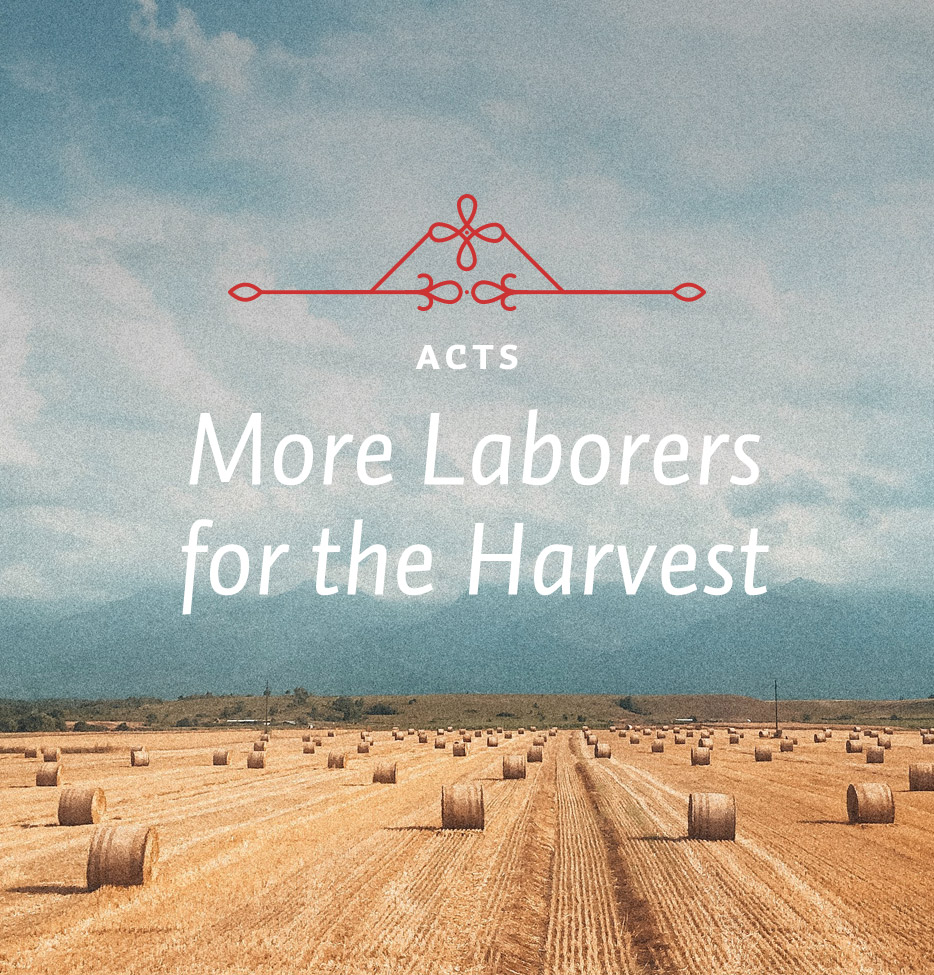What we are told about Apollos in Acts 18 is interesting. We learn a number of things about him.
1. Apollos was “a learned man” (v. 24).That is, he had acquired the learning of his day. He had gone through what we would call university and graduate school. His credentials were impressive.
2. Apollos had “a thorough knowledge of the Scriptures” (v. 24). The reference is not to the New Testament Scriptures, of course, because they were only coming into existence at this time and had not been widely circulated, certainly not in Egypt. The reference is rather to the Old Testament. Here again, it is hard not to think of Philo, because Philo was a master at handling the Old Testament in contemporary terms. If Apollos knew the Scriptures well, particularly in this learned fashion, it is probable that he had been in touch with and perhaps even had studied under Philo and would therefore probably have adopted his approach to the Scriptures.
3. Apollos “had been instructed in the way of the Lord” (v. 25). It is hard to know how to take this sentence. When we read “the Lord” we think naturally of Jesus Christ, and it may be that this is what this refers to. Later on it says that Apollos “taught about Jesus accurately.” He knew something about Jesus. On the other hand, “the Lord” often also refers to Jehovah, the God of the Old Testament. So at this point, especially after having just read that Apollos knew the Scriptures thoroughly, the statement probably means that he knew the ways of Jehovah. At the very least, it means that he knew the Old Testament law and tried to follow it.
4. Apollos “spoke with great fervor” (v. 25). He did not merely know the Old Testament with detached intellectual or academic awareness. On the contrary, these things were important to him. So when he spoke about them and taught them, he did so fervently. No doubt that is one reason why Apollos was so effective as an orator. He would have had all the skills of Greek oratory.
He knew how to hold an audience, how to develop his points, how to use language to win and persuade his hearers. But what is mentioned here is “fervor.” And this means not merely skill on his part, but conviction based on something deeply embedded in his heart.
5. Apollos “taught about Jesus accurately” (v. 25). That is an important thing for Apollos to have done. But in order to understand it we need to add, as the text itself does, that although Apollos had this very important asset, he also had a great liability and that was that “he knew only the baptism of John” (v. 25). What does that mean?
It can mean one of two things. It can mean that he knew only a baptism marking repentance, which is the way John baptized, not a baptism associated with the work of the Holy Spirit in enlightening a person, producing repentance in him or her, and drawing that person to Christ. This would mean that Apollos was strong in his knowledge of the first person of the Trinity and even to a certain extent in his knowledge of the second person of the Trinity, but that he knew nothing about the third person of the Trinity. We are encouraged in this interpretation by noticing that in the next chapter we are introduced to people who knew only the baptism of John and who, it is explained, needed to believe on Jesus and be baptized in His name.
On the other hand, the fact that Apollos knew “only the baptism of John” could mean that Apollos knew the unfolding of God’s plan up to and including the ministry of John the Baptist, but that He did not know that the Messiah, whom John the Baptist announced, had now come. I incline to this point of view for several reasons, mostly because of the way in which Priscilla and Aquila explained the Gospel to him.
Moreover, I can make sense of this historically. Apollos was a well-educated and therefore also a well-traveled man. We can imagine that in his youth he had gone to Jerusalem, especially if he had an interest in the Old Testament, and while there had come under the influence of the preaching of John the Baptist. If he had a sensitive spiritual heart, as he seems to have had, he would have responded to John’s preaching. John was telling people to prepare for the coming of the Messiah. He would have done this on the basis of the Old Testament Scriptures. Perhaps—though we do not know this for sure—Apollos soaked up these truths and came to believe, no doubt rightly, that the time for the Messiah to come was near. Perhaps he had even taken it upon himself to internationalize John’s message.
If this is the case, here was a man who knew the Old Testament, understood what the Messiah was to do, and then said, “The time is here. The Messiah is about to come.” I think that is what it means when it says that Apollos taught about Jesus “accurately.” It means that Apollos knew what Jesus was to do, though he did not know that Jesus had come.






